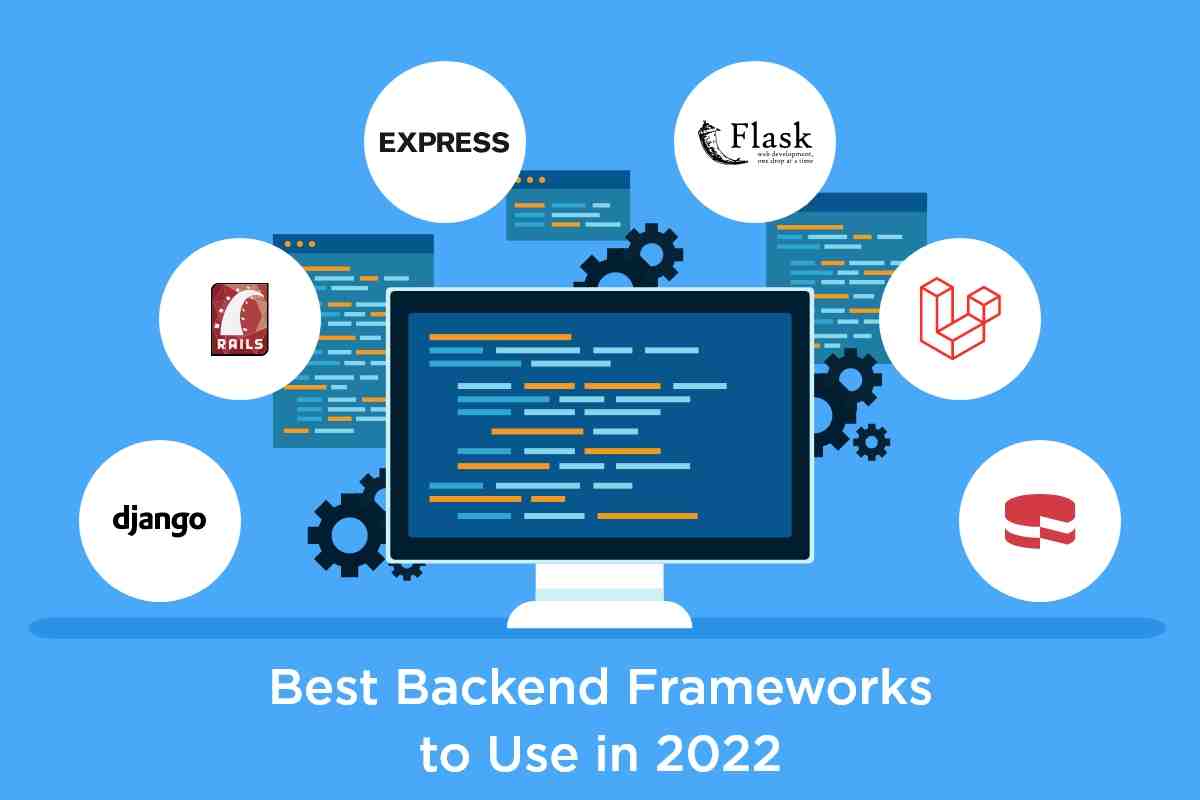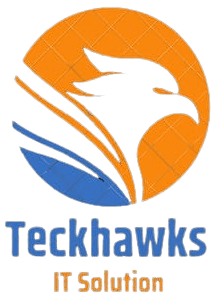Top 8 Python Frameworks for Website Development in 2023
Python is one of the fastest-growing modern programming languages. Its high performance, dynamic nature, and community feel make it a great language for web applications. In this article, we'll take an overview of some of the best Python frameworks out there.
Django
Django is a high-level Python web framework that encourages rapid application development. It is designed to create highly modularized, easily maintainable applications without sacrificing speed. A major benefit of using Django is how the code is organized. In addition to its strong internal organization, Django uses conventions over configuration. This means that you don’t need to write boilerplate code to get things rolling. Django makes it easier to add features or change functionality later on down the road. Other benefits include automatic content negotiation, full Unicode compliance, caching, internationalization, authorization, and session management.
Flask
Flask is another high-level Python web development framework, designed to help developers build fast and flexible websites and APIs. It provides a standard library for HTTP request/response cycle, templating language, security mechanism, SQL abstraction layer, and much more. Flask focuses on helping developers achieve faster deployment times and increased productivity. It offers a simple way to deploy your app. You can use it to develop, test, debug, and host your website with ease.
Pyramid
Pyramid is a high performance, high scalability Python web application framework. It is fast and supports many different database backends without sacrificing clarity and simplicity. Pyramid runs in both Apache and nginx environments, and it makes it easy to use third party modules with minimal effort. It can run either standalone (no web server required) or behind a load balancer, HTTP reverse proxy, or WSGI gateway server. Pyramid is designed to be modular, lightweight, and extensible. If you're comfortable writing SQL queries, Pyramid supports data access layers using SQLAlchemy. It supports MongoDB, MySQL, PostgreSQL, SQLite, Oracle, Microsoft Access, XML/SOAP, JSON/XML REST API over HTTPS, and much more.
Tornado
Tornado is a Python asynchronous event-driven webserver framework based on the non-blocking IOLoop interface. This toolkit helps develop server-side applications. It is used for building web servers, messaging systems, real-time communication protocols, and many other applications where concurrency matters.
Tornado Python Framework (TPF) was developed at the University of Colorado Boulder in 2008 to provide a unified way to build web applications using Python, including web services, HTTP servers, WSGI middleware, utilities for testing and deployment, as well as templating engines.
TPF's design goal is to allow developers to write modular applications in Python without having to use Web frameworks.
Tornado is built completely atop top-level event loop / IOLoop, a library for writing asynchronous code. This makes it possible to combine Tornado's powerful features - such as request/response handling, server-side sessions, CSRF protection, automatic gzip compression, etc. - with many other high-performance libraries, such as Django and Pylons.
Tornado uses Werkzeug as its WSGI application interface. Werkzeug provides a high level API for WSGI applications, similar to Django's RequestContext, but unlike Django, it does not require any database backend. Instead, Werkzeug provides several implementations for different databases and data stores.
Cherrypy
Cherrypy is a lightweight, pragmatic python web application framework focused on providing a quick start to web applications. It is not recommended for production environments due to lack of built-in debugging tools. However, it is great for developing prototypes or testing ideas.
Pylons
Pylons is a web development framework built on top of Python, which is very popular due to it's simplicity, fast development time, and cross platform compatibility.
Pylons is written with a 'batteries included' philosophy, meaning it provides everything you need in order to get started developing quickly. It is extremely simple to use and understand. In addition to being able to write clean code, Pylons also offers several powerful features like database abstraction and automatic internationalization.
Pylons is a full stack Python web framework based on Paste. It helps simplify the creation and deployment of web applications. While its focus lies on providing functionality, it comes with a variety of scaffolding techniques to help create a functional base for any project.
Bottle
The bottle python framework is designed to provide a simple and elegant way to build web applications using Python. It's based on the popular WSGI (web service gateway interface) standard, making it easy to deploy applications without worrying about the underlying architecture. The framework uses two different approaches to allow developers to create clean, well-designed applications. One approach is to build the application in a modular fashion, while the other approach is to use Flask to create standalone modules.
Bottle is designed to be a fast, simple, and flexible web framework for Python programs. It is both object-oriented and inspired by Ruby on Rails.
Zope/Plone
Zope is a distributed object technology and content management system based on the concept and design principles of software components. Plone is probably the most famous example of using the zope object model. Zope and plone were both developed at SGI. Both have been acquired successively by HP and currently Red Hat owns both.



